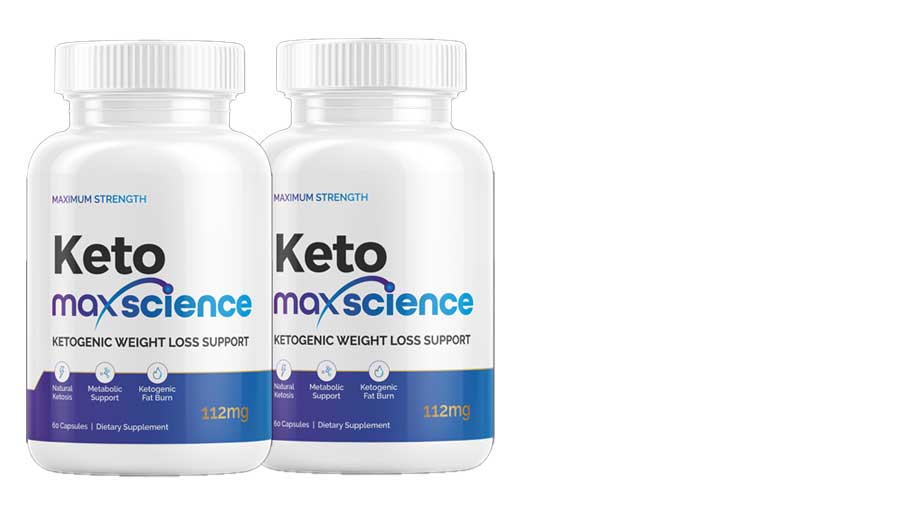
ANXIETY, STRESS & FATIGUE
Adaptogens are the active compounds found in certain plants and mushrooms that can help the body to adapt to anxiety, stress and fatigue.
Adaptogens work by modulating the body’s stress response system, primarily the hypothalamic-pituitary-adrenal (HPA) axis and the sympathoadrenal system.
Here’s how they work:
- Modulate Stress Response: Adaptogens help regulate the production and release of stress hormones like cortisol, which plays a key role in the body’s response to stress. They essentially act as “stress buffers,” preventing excessive release of cortisol during times of stress while ensuring that it’s still produced when needed.
- Balance Homeostasis: Adaptogens promote homeostasis, which is the body’s ability to maintain internal stability despite external changes. They help regulate physiological processes like metabolism, immune function, and energy production, ensuring that the body functions optimally under stress.
- Enhance Resilience: Adaptogens increase the body’s resilience to stressors by strengthening the body’s adaptive capacity. This means they improve the body’s ability to cope with various stressors, whether they’re physical, mental, or environmental.
- Anti-fatigue Effects: Adaptogens have been shown to reduce fatigue and improve endurance by enhancing the body’s energy production mechanisms. They help optimize mitochondrial function, which is crucial for energy metabolism and cellular repair.
- Support Neurotransmitter Balance: Some adaptogens deliver their effects by modulating neurotransmitter activity in the brain. They can influence levels of neurotransmitters like serotonin, dopamine, and gamma-aminobutyric acid (GABA), which play key roles in mood regulation and stress management.
Adaptogens may help to address both the physiological and psychological aspects of stress. Their ability to promote resilience and enhance overall well-being has made them popular in traditional medicine systems and increasingly recognized in modern scientific research.
Some of the most well-known adaptogens include:
- Ashwagandha (Withania somnifera): known for its stress-relieving properties. It’s often used to support energy, vitality, and overall well-being.
- Rhodiola (Rhodiola rosea): has been traditionally used to enhance physical and mental resilience to stress. Thought to have energizing and mood-boosting effects.
- Panax Ginseng: is widely used in traditional Chinese medicine. It’s prized for its ability to increase energy, improve cognitive function, and support the body’s stress response.
- Holy Basil (Ocimum sanctum): used in Ayurvedic medicine to promote relaxation, mental clarity, and overall balance.
- Siberian Ginseng (Eleutherococcus senticosus): may enhance enhance resilience to stress, improve endurance, and support immune function.
- Licorice Root (Glycyrrhiza glabra): is often used to support adrenal function and hormonal balance. It’s also known for its soothing properties.
- Astragalus (Astragalus membranaceus): used in traditional Chinese medicine for its immune-modulating effects.
- Schisandra (Schisandra chinensis): also used in traditional Chinese medicine to support mental clarity, endurance, and liver health.
These are just a few examples of adaptogens commonly used in herbal medicine and wellness practices. Each adaptogen may have its unique set of benefits and may be used individually or in combination with other herbs for synergistic effects.
How are adaptogens taken?
Adaptogens are taken in various forms, depending on personal preference and the specific adaptogen being used.
- Capsules or Tablets: Adaptogens are often available in capsule or tablet form, which allows for easy and precise dosing. This form is convenient and portable, making it suitable for daily supplementation.
- Powders: Some adaptogens come in powdered form, which can be mixed into beverages like water, juice, or smoothies. Powders offer flexibility in dosage.
- Tinctures: Tinctures are liquid extracts of adaptogenic herbs, typically prepared by soaking the herb in alcohol or glycerin. They’re mostly administered in drop form, either directly under the tongue or diluted in water. Tinctures provide rapid absorption and are convenient for adjusting dosage.
- Teas: Adaptogenic herbs can be brewed into teas, either individually or as part of a blend. Herbal teas offer a soothing and relaxing way to consume adaptogens, particularly before bedtime.
- Topical Applications: Certain adaptogens, such as ginseng or ashwagandha, may be incorporated into topical products like creams, lotions, or oils for skin health or localized relief.
- Food and Beverages: Some adaptogens can be incorporated into culinary recipes or functional foods and beverages. Eg, adaptogenic herbs can be added to energy bars, chocolates, or infused in cooking oils.
Are adaptogens safe?
Generally, adaptogens are considered safe for most people when used appropriately and in recommended doses. However, as with any supplement or herbal remedy, it’s essential to exercise caution and consult with a healthcare professional before incorporating adaptogens into your routine, especially if you have underlying health conditions or are taking medications.
Potential Side Effects:
While rare, some people may experience side effects such as digestive upset, headaches, or insomnia when taking adaptogens. Starting with a low dose and gradually increasing can help minimize the risk of adverse reactions.
Long-Term Use:
Long-term safety data on adaptogen use is limited, particularly regarding prolonged use over several years. It’s wise to periodically reassess your need for adaptogens and take breaks if necessary.
Interactions with Medications:
Some adaptogens may interact with certain medications, either by enhancing or diminishing their effects. For example, adaptogens like Rhodiola rosea may interact with blood pressure medications or antidepressants. Always inform your healthcare provider about any supplements you’re taking to avoid potential interactions.
Pregnancy and Breastfeeding:
Limited research exists on the safety of adaptogen use during pregnancy and breastfeeding. It’s generally recommended to avoid adaptogens during these periods unless specifically advised by a healthcare professional.


